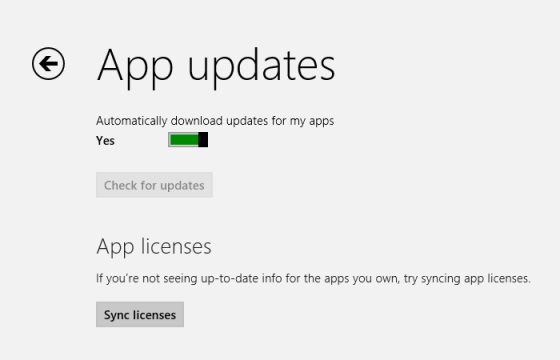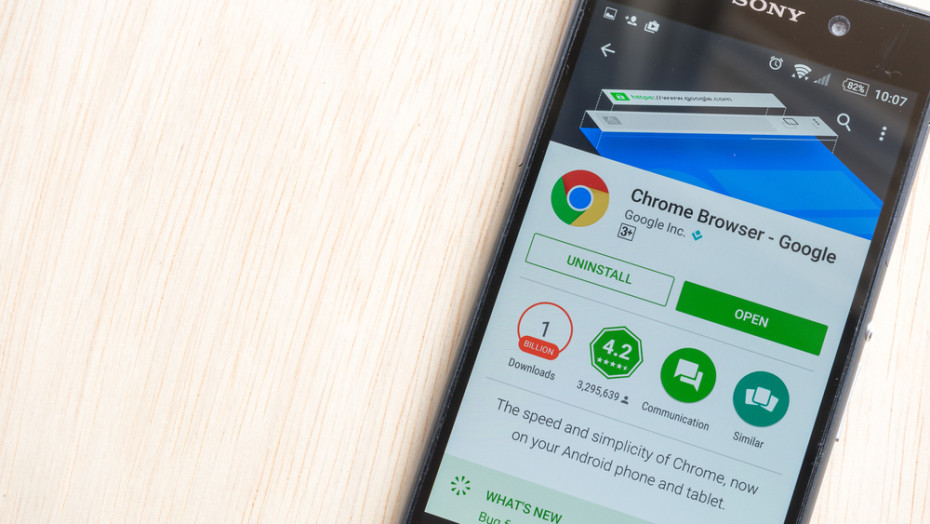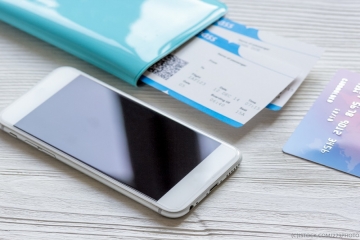Top 10 tips for Africans looking to use less mobile data
The following tips have been provided by Cell C.
1. Using data sparingly on a computer
PCs and laptops come from an age before mobile broadband. And, these devices have kept their old habits: online services on a PC or laptop often assume they have access to a fixed-line connection such as ADSL or a company network. Modern computers have become more internet-friendly, but some aspects – specifically updates – are still very heavy-handed. With this in mind, when using a PC with a 3G dongle or other mobile broadband device, keep an eye that it doesn’t automatically start downloads that may quickly kill your data bundle. It knows not what it does. In some cases, you can set your PC to only download after midnight, and nite specific mobile data gives you cheaper access to do just that.
“Computers have very different data expectations to smartphones and tablets,” said Cell C Chief Information Officer Maria Pienaar. “Mobile services are designed to use as little data as possible, but a PC or laptop rarely has that in mind. So avoid treating them as the same.”
2. Delete under-used apps
.jpg)
Applications make smart devices so much more effective. But there is a dark side to them. Apps tend to load in the background – even if they aren’t used or even started. A common but highly underappreciated reason for battery drain is because there are too many apps on a device. Those apps can also drain data surreptitiously. Get rid of any apps not being used. Also investigate if the web version is as good: services such as Facebook and Twitter have very good mobile browser versions that will not run persistently in the background, since they are accessed through the browser. Some apps have push notifications to let you know when something is happenening, sometimes turning that off using the settings within the application will save you data.
Pienaar said: “You often hear about app fatigue, resulting from someone trying out too many apps. But how often do we delete the apps we don’t use? Those will continue to be updated and connect online. Deleting will save both data and battery life.”
3. Apps also need to be updated

Applications and phone software also need to be updated from time to time, to make sure they are always secure, don’t pose a security risk and any new features are loaded. More often than not, customers have their applications set to automatically update. Ideally, customers should update over Wi-Fi, and most phones will allow you to set your applications to download only over a Wi-Fi connection. Remember, free applications sometimes push software updates or advertising, which consumes data. Reading the review of an application before downloading will provide you with useful tips about the application.
“App updates are very important, because they may contain security patches. But not every update is so important that it has to happen right away. Set the device to only update on Wi-Fi and, when you reach a hotspot, give it a chance to quickly catch up.”
4. Use apps to track data consumption
Data can be tricky to keep track of. Even though smart devices can give basic data consumption statistics, one of the best ways to really make sure you get an accurate picture is with a third party data tracking app. There are several options, both free and paid, on the various app stores. A good tracker will give a lot of insight, as well as separate between mobile and Wi-Fi use.
“Modern phones have software built in to help track data consumption. These are a good starting point, so consumers should try that first. But there are several good third-party apps that can show in great detail where data is going, ” said Pienaar.
5. Don’t auto-play videos
Videos use a lot of data. They are fun to watch, but consume megabytes in no time. Even stopping a video may not be enough as the video will continue to buffer – download data – in the background. That is simply data down the drain. Well-designed apps have options to stop videos from auto-playing or at least reduce how much data they use. The latter approach will result in lower-quality video, but unfortunately that can’t be avoided. The better quality a video or image, the more data it uses. This also applies to downloading music or podcasts: the higher the quality, the more data will be required.
Pienaar said: “More South Africans are streaming videos these days. But it is very data intensive, so make sure video files on a page or feed aren’t chewing up data. They can take a lot in a very short time.”
6. Tone down photos and videos
Another drain on data can come from the photos and videos being uploaded. Recording a high definition video or taking a photo at the biggest format looks good. But that quality is proportional to the amount of data required: a high-quality image is larger and requires more data if uploaded. It’s a bit like packing the contents of a closet: if there are only a few items, one box will suffice. But more items require more boxes.
“Modern phones have very nice cameras, but nice cameras take big pictures that uses a lot of data to send. Fortunately modern phone cameras are so nice that you can tone down on the quality, yet the video or photo will still look great while saving data,” said Pienaar
7. Use data-saving browsers such as Chrome

Not all browsers are created equal. Even though every smart device comes with a built-in Web browser, there are better choices. Specifically, the Chrome mobile browser is renowned for their data-saving features. Both use special data saver technologies that reduce the size of the information a device downloads. This also tends to deliver high browsing speeds.
Pienaar said, “The browsers that come with phones and tablets are very good. But a few third-party apps specialise in faster browsing while using less data. If someone’s browsing habits are destroying their data, they should try one of those”
8. Keep in-bundle
Data bundles exist for a reason: to manage network performance. When someone buys a certain amount of data, a mobile network can anticipate that the data will be used within a certain period and keep an eye on demand. This is why out-of-bundle data rates are higher, so keep data costs low by purchasing bundles. Data bundles also provide better value to customers.
Pienaar said: “Going out of bundle is a very expensive choice. Any good operator will inform their customer if a bundle is about to be depleted. If you keep running out of bundles, consider buying larger ones. It will work out cheaper than buying smaller quantities of data all the time.”
9. Turn your data off while not in use
As an extra tip, from IT News Africa’s Online Editor, Darryl Linington: “Turn of your data during times of low mobile device use. As your device is constantly sending data back and forth, it is advised to switch off data at the point where the user goes to sleep. This will prevent unnecessary data usage.”
“Alternatively, during times of minimal use, be sure to connect to an uncapped wireless network. This will prevent usage that will be charged to you mobile account.”
10. Streaming audio is a data eater
Darryl Linington adds that: “Audio streaming services may seem appealing; however, much like video, these apps use a fair amount of data and should rather be used on an uncapped wireless network.”
itnewsafrica.com




